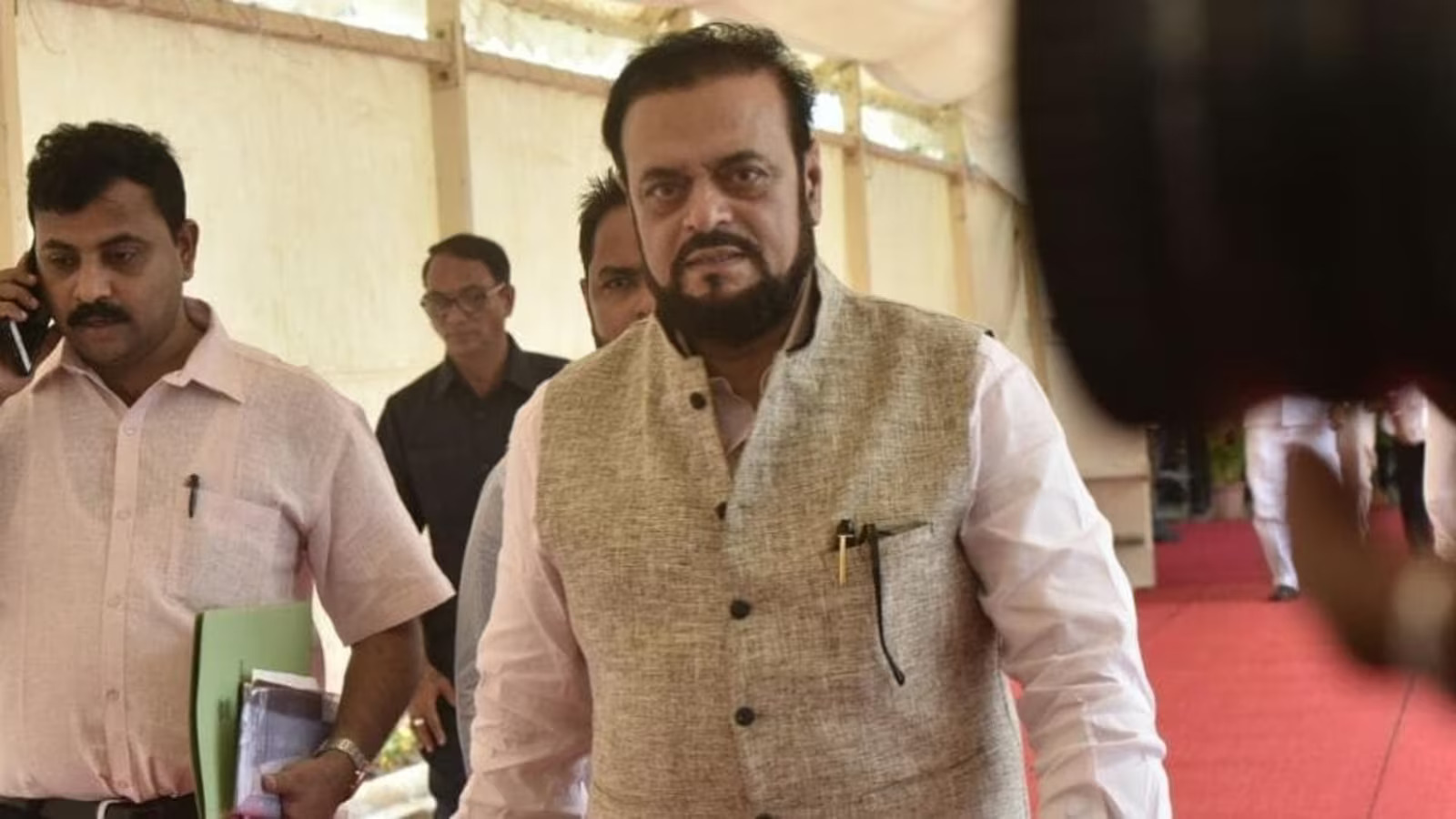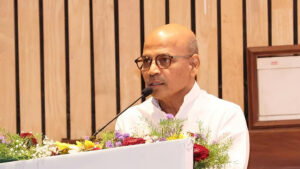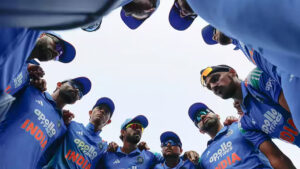A controversy has erupted in Indian politics after Samajwadi Party MLA Abu Azmi made remarks about Vande Mataram, triggering a heated debate over patriotism and national symbols. The incident, reported by Hindustan Times, has drawn strong reactions from various quarters, with BJP leader Shehzad Poonawalla responding sharply to the MLA’s statements.
In a recent statement, Abu Azmi, a prominent leader of the Samajwadi Party, reportedly made remarks questioning the significance of Vande Mataram as India’s national song. His comments have sparked a polarizing debate on social media and within the political arena, with many expressing outrage over what they perceive as a challenge to a symbol of India’s national identity.
Vande Mataram holds immense historical and emotional importance in India, and it has been sung and revered by countless citizens over the years. The song’s association with the country’s freedom struggle and the spirit of patriotism it evokes have made it a symbol of unity and pride.
In response to Abu Azmi’s remarks, Shehzad Poonawalla, a prominent leader of the Bharatiya Janata Party (BJP), took to social media to express his strong disagreement. He criticized the Samajwadi Party MLA’s statements and emphasized the need to respect national symbols and uphold the country’s unity and integrity.
The controversy has added to the already charged political atmosphere, with supporters and opponents of various parties engaging in passionate debates about nationalism and the role of symbols in expressing patriotism.
As the statements continue to garner attention, political leaders from different parties have also weighed in on the matter. Some leaders have emphasized the importance of free speech and the need to encourage open discussions on national symbols, while others have condemned any remarks that may be perceived as disrespectful towards these symbols.
Amid the ongoing debate, many citizens have expressed their views on social media platforms, with hashtags related to Vande Mataram and the controversy trending widely. The incident has ignited a larger conversation about the significance of national symbols and the need for responsible discourse in the political arena.
As the controversy unfolds, both the Samajwadi Party and the BJP are likely to face pressure from their respective supporters and critics to clarify their stances on the matter. The incident has also raised questions about the broader issues of freedom of expression, nationalism, and the role of political leaders in shaping public opinion.
As the nation watches how the controversy evolves, there are calls for constructive dialogue and an inclusive approach to address diverse perspectives on national symbols. The incident has once again highlighted the importance of respecting the symbols that hold deep meaning for the nation and the need for responsible public discourse in the democratic fabric of India.










